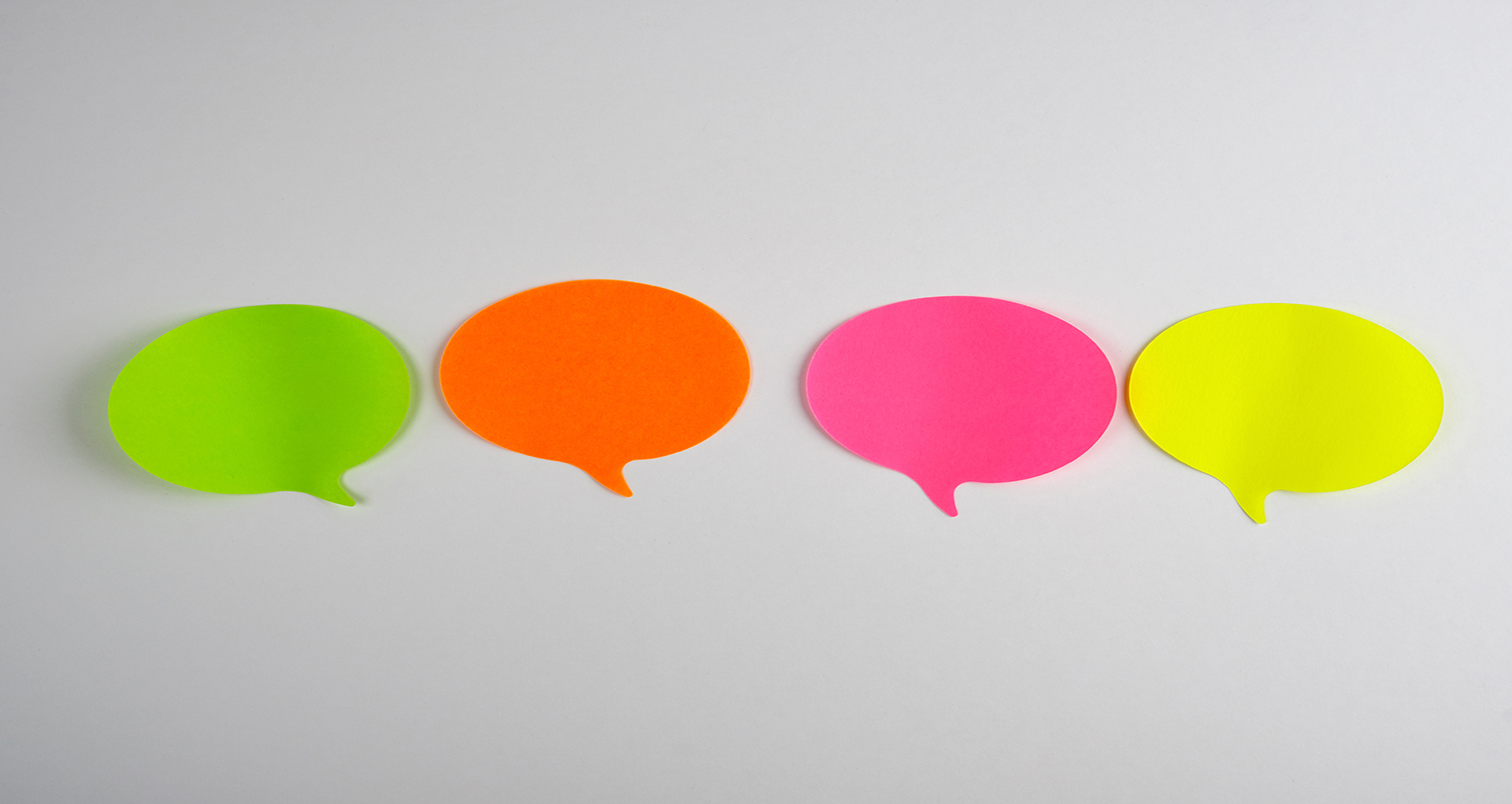There’s more talk these days about workplace bullying and harassment, for good reason. Nearly one in ten Australian workers say they have experienced bullying in the previous six months. And nearly a third of those have been bullied at least once a week. Bullying and harassment is linked to psychological harm and can negatively influence organisational processes.
Thankfully, we have developed a better understanding about how to reduce this prevalence. Take preventive action by addressing the contributing risk factors relating to job design and work conditions as well as providing good quality education and training.
Are we doing enough though?
Maybe not. A growing body of research is emerging on the damaging impact of low-intensity types of mistreatment such as thoughtless actions, or indirect, more subtle behaviours. This type of behaviour is known as incivility.
Civility vs Incivility
Civility involves politeness, respect and having regard for colleagues e.g. simple things like using non-verbals to show interest (smiling and nodding), and saying ‘hello, how are you?’ when your team-mate arrives for their shift.
Incivility entails rudeness and a lack of regard, and going against the shared organisational norms of mutual respect. Think behaviours like not listening to someone, eye rolling, raised voices, interrupting, or making demeaning comments.
An important distinguishing feature of incivility is that an intent to harm is ambiguous e.g. “I didn’t mean to be rude; I was just running late for a meeting”.
Incivility in the workplace is widespread. Some estimates say 98% of workers experience such conduct. It has also been suggested that incivility may be the modern way racist, sexist and other similar attitudes show up in our workplaces now that society's tolerance for overt discrimination has diminished.
Why you don’t want incivility in your workplace
- Workers experiencing incivility are likely to be less engaged, have worse psychological health, and higher absenteeism and turnover intentions.
- It’s associated with greater job stress, lower job satisfaction and cognitive distraction.
- Incivility can be a precursor to higher-intensity deviant behaviours of an aggressive nature. There’s some evidence to suggest that if uncivil interactions are left unaddressed, an exchange of incivilities can result in a ‘tipping point’ - the straw that broke the camel’s back. This then prompts an escalation of behaviours with the resultant goal of inflicting harm.
Download our Practical Tips for Creating a Caring & Civil Workplace.
If you’d like to learn more, read some of the research this article was informed by, or have a chat about how to cultivate a civil and respectful workplace, Contact Us.





Comment